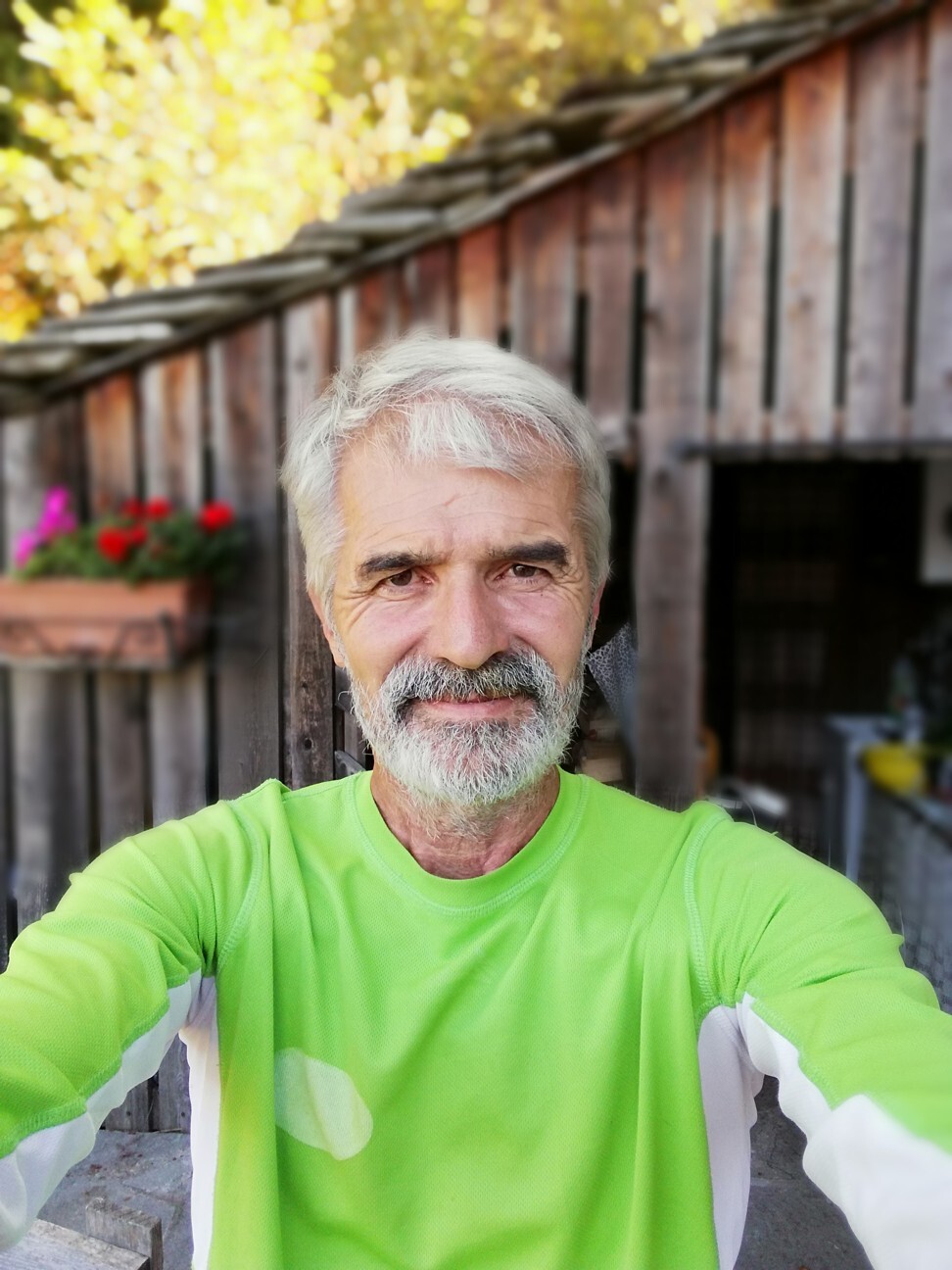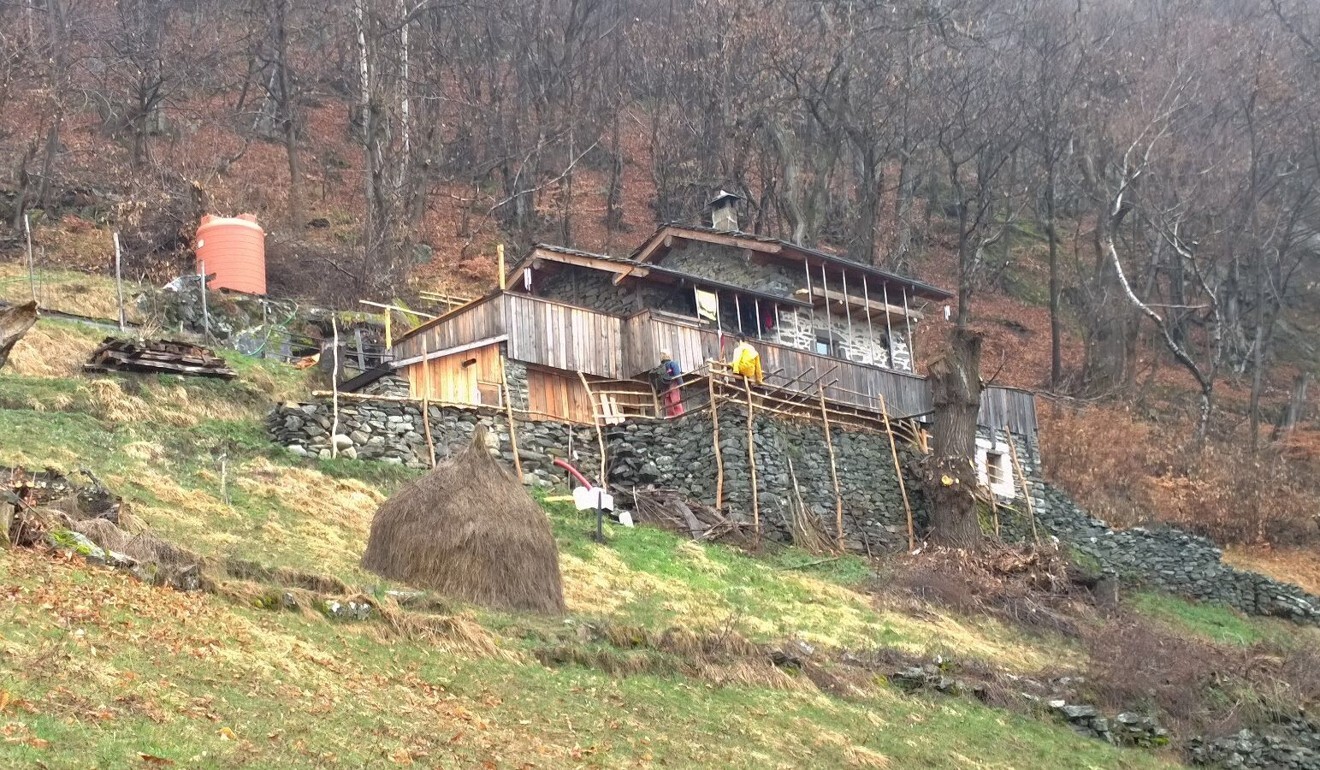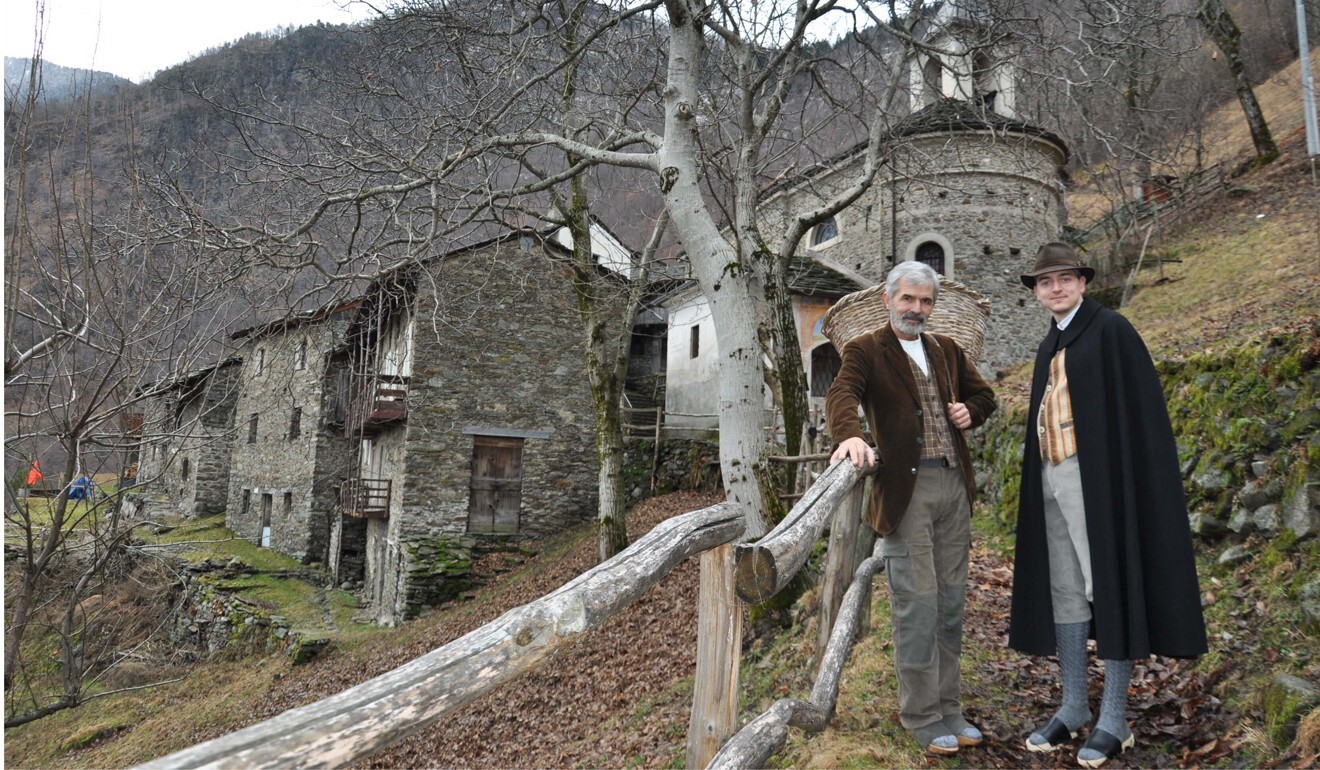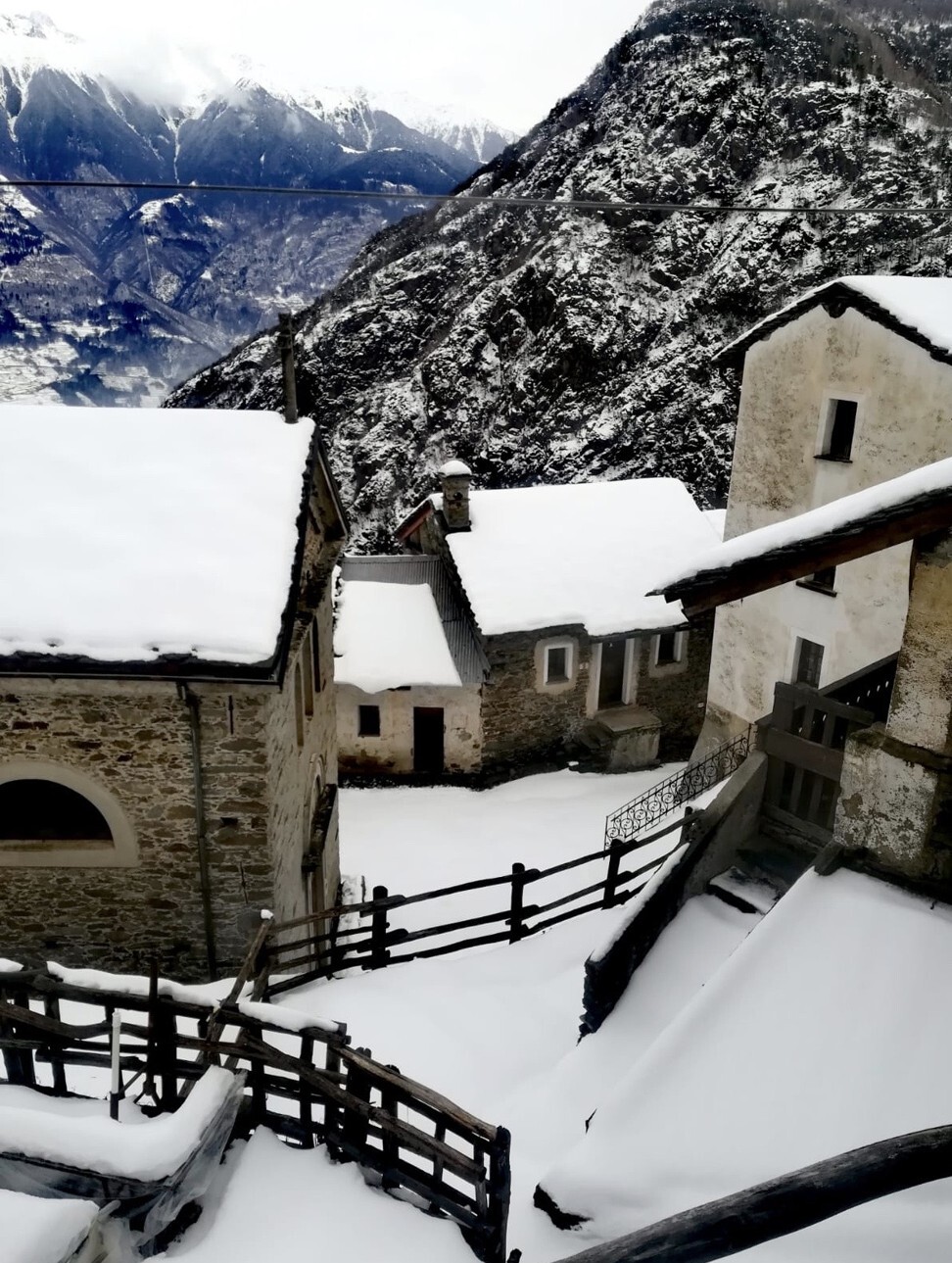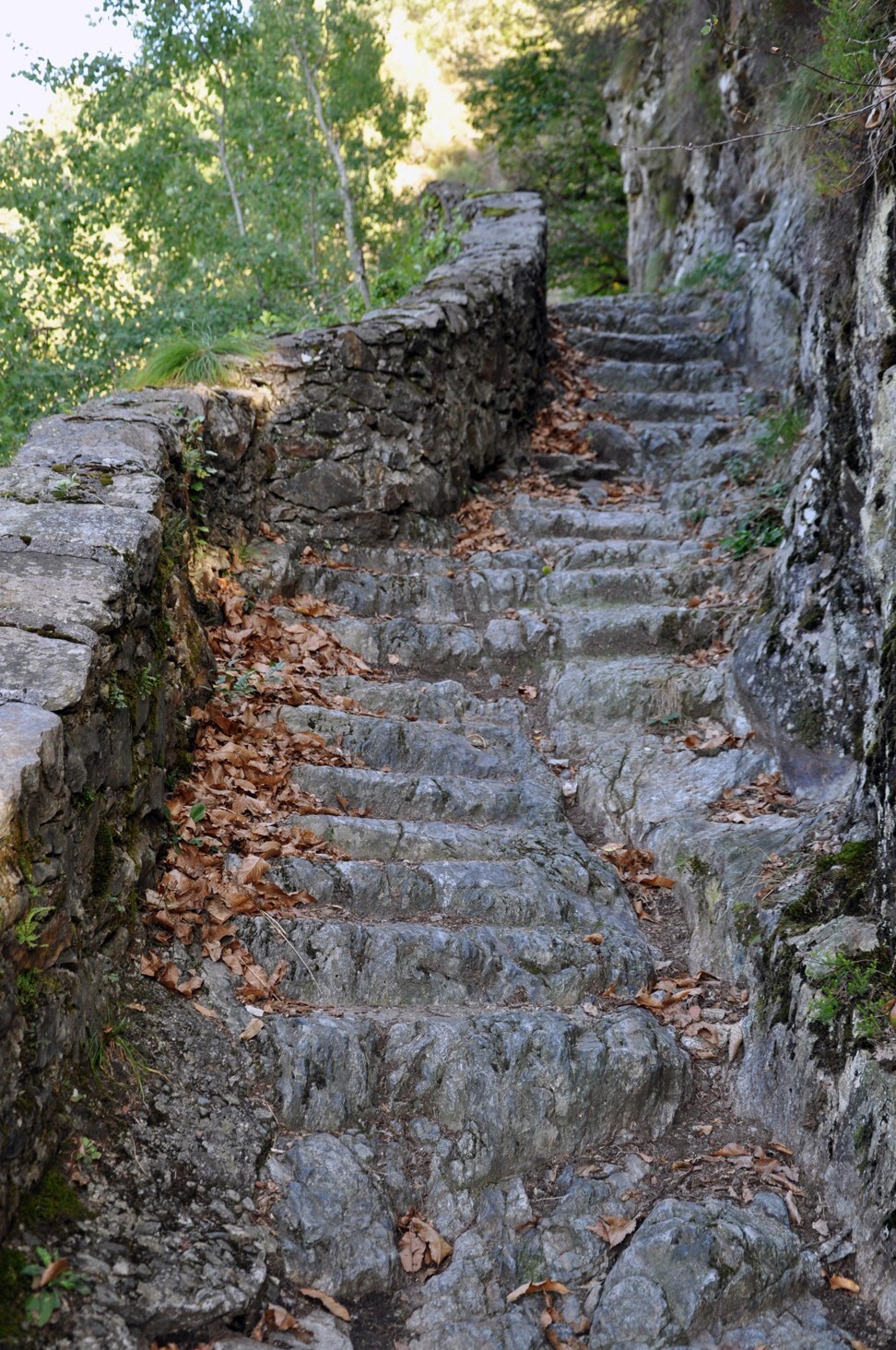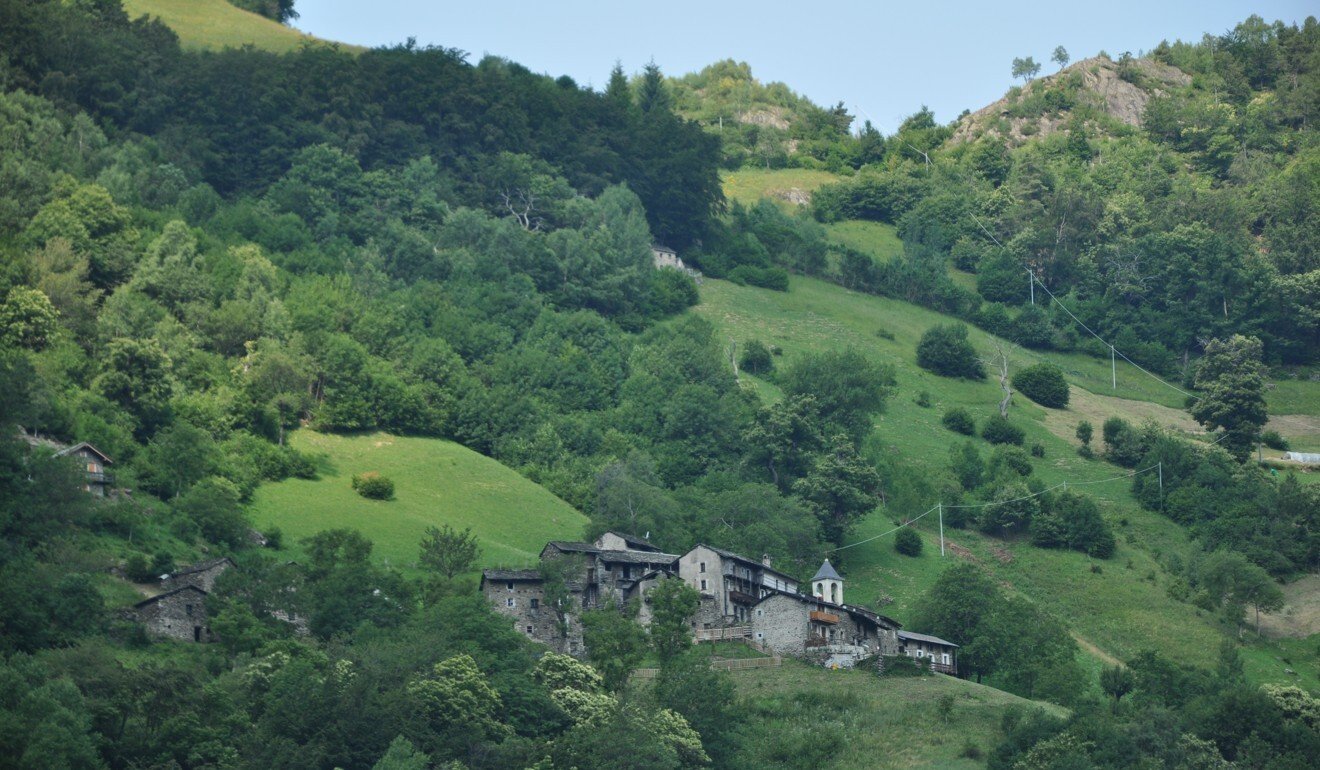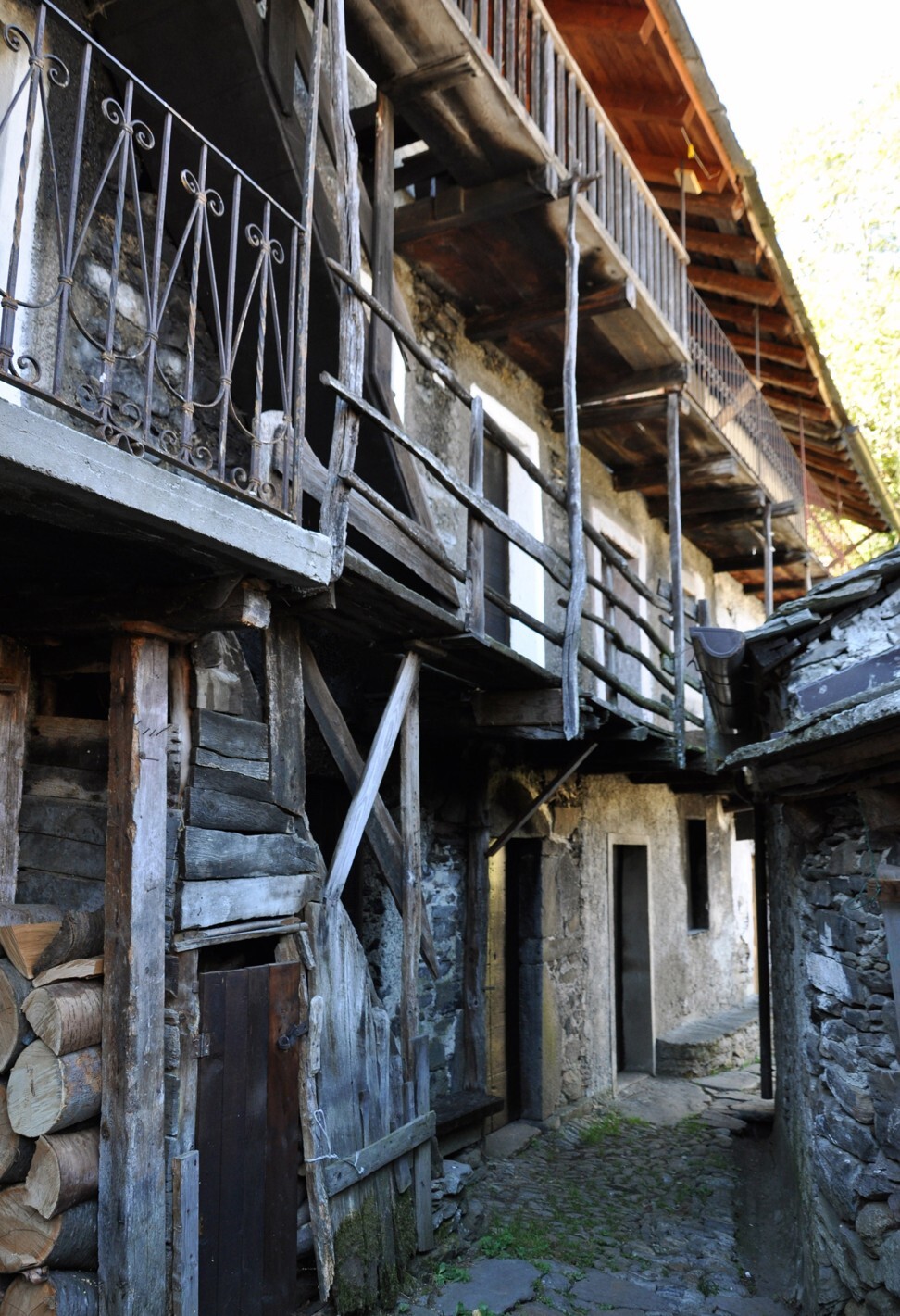The Rich Are Preparing for Coronavirus Differently
Concierge doctors, yachts, chartered planes and germ-free hideaways.

Credit...Illustration by Tracy Ma/The New York Times
By Alex Williams and Jonah Engel Bromwich
The new coronavirus knows no national borders or social boundaries. That doesn’t mean that social boundaries don’t exist.
“En route to Paris,” Gwyneth Paltrow wrote on Instagram last week, beneath a shot of herself on an airplane heading to Paris Fashion Week and wearing a black face mask. “I’ve already been in this movie,” she added, referring to her role in the 2011 disease thriller “Contagion.” “Stay safe.”
Ms. Paltrow did not pose with just any mask, unlike, say, Kate Hudson and Bella Hadid, who also recently posted selfies wearing cheaper, disposable masks. The Goop founder and influencer of influencers instead opted for a sleek “urban air mask” by a Swedish company, Airinum, which features five layers of filtration and an “ultrasmooth and skin-friendly finish.”
Never mind that the surgeon general, Jerome M. Adams, begged people to refrain from indulging in mask mania on Twitter last weekend. Priced from $69 to $99, the Airinum mask, which has been popping up on Instagram stylistas, is sold out on its website until April. (The MoMA Design Store, which carried the mask, is also sold out.)
At C.O. Bigelow Apothecaries, a venerable pharmacy in Greenwich Village, N95 face masks that can filter for viruses have been sold out for weeks, said Justin O’Connor, who works in the store’s surgical department. There is a waiting list of 300 people.
“A lot of big names come into C.O. Bigelow; they’re usually pretty humble,” Mr. O’Connor said. Now, some people are trying to name-drop their way into snagging masks. “They’ll be like ‘Do you know who I work for?’ but we’re never impressed,” he said.
Cambridge Mask Company, a British company that uses what it calls “particulate filtering layers and military-grade carbon,” has seen demand for its $30 masks spike 20 to 30 times normal levels, said Christopher Dobbing, its founder.
The rich are sparing no expense when it comes to minimizing their experience with the coronavirus.
Business executives are ditching first class for private planes. Jet-setters are redirecting their travel plans to more insular destinations. And wealthy clients are consulting with concierge doctors and other V.I.P. health care services.
Why spend $3.79 on a bottle of hand sanitizer from Target when Byredo, a European luxury brand, makes what it calls a “rinse-free hand wash” with floral notes of pear and bergamot for $35 (although that, too, is sold out)?
You may have more luck with Olika, a company that makes a hand sanitizer shaped like a modernist baby chick and costs $14.62 for a three-pack. Alastair Dorward, the chief executive of Olika, said that the company is getting multiple orders per minute, adding, “it’s not clear how many more days the rest of our product will be in stock.”
Mr. Dorward said that customers were seeking to buy large batches of the company’s Birdie and Minnie dispensers. “The pattern of ordering has changed significantly, and people are looking to grab product while they can,” he said.
Demand has also shot up for the preparedness kits sold by Judy, a start-up led by Simon Huck, a publicist and noted friend of Kim Kardashian West. As of Monday, the company had sold out of its fanny pack survival kits ($50) and larger Mover bags ($150), which contain a first-aid kit, biohazard bag, Wet Wipes, hand sanitizer, batteries, a flashlight and other gear.
“We launched 40 days ago, and three weeks into our launch we have a global pandemic,” Mr. Huck said.

Credit...Illustration by Tracy Ma/The New York Times
Flying the Virus-Free Skies
Even in the best of times, there are germs on airplanes. We scrub our hands in the cramped aircraft lavatories, avoid eating the Biscoff cookie that falls on the tray table, and if we’re really fussy, wipe the armrests with Wet Wipes. You know, just to be sure.
These are not the best of times.
At a time when every stray cough from three rows back sounds like a ghostly greeting from Typhoid Mary, those who can afford it are paying extra to sidestep crowded security lines and jampacked planes and flying private — which might be an attractive option for those who wish to flee the teeming cities for, say, a safe house in Telluride, Colo.
Some wealthy people have told Bloomberg News that they have been staying in their Hamptons homes and are prepared to jet off to cabins in Idaho if things get worse. And The Guardian reported that executives have chartered jets for “evacuation flights” out of China and other affected areas.
For some private jet companies, fear equals opportunity. Southern Jet, a charter jet company in Boca Raton, Fla., recently sent out a limited test marketing email with the tag line: “Avoid coronavirus by flying private … Request a quote today!”
The company got a bounce in requests for flights (which can run about $20,000 for a trip on a midsize jet from Florida to New York), but also a couple of responses calling the campaign “repugnant” and “in poor taste,” said Eric Sanchez, the company’s sales director.
“We were not attempting to incite fear with this email,” Mr. Sanchez said. “We simply wanted to show the coronavirus may be a serious threat to the public and we are glad we can offer a service that can possibly provide extra safety.”
Other well-heeled travelers who were planning vacations in affected countries, like Italy, are instead opting for the seaborne isolation of yachts, to lounge in the Mediterranean sunshine far from the infected shores.
Jennifer Saia, the president of B&B Yacht Charter in Newport, R.I., said that one longtime client, a retired telecommunications executive, had booked a villa for his family in Florence, Italy, for April but is now chartering a yacht in the Bahamas instead.
“It totally makes sense,” Ms. Saia said. “You’re keeping your family contained in a very small, should-be-clean environment. And going from your car to your F.B.O.” — meaning fixed base operator, or private jet terminal — “to your private jet right onto the tarmac. And from there, right onto your yacht, and not having to deal with the public.”
But where to go? The social calendars of the well-to-do have been thrown into disarray, as art festivals, luxury fairs and invitation-only retreats are postponed or canceled.
Last week, the luxury watch industry canceled two of its biggest events of the year: the Watches & Wonders Geneva (formerly SIHH) and Baselworld.
“Baselworld was founded in 1917, during World War I, and between 1917 and this year, it had never been canceled,” said Joe Thompson, the executive editor of Hodinkee, a watch site and retailer. “And that includes crises like World War II, the SARS virus of 2003 and various other downturns. So this is unprecedented.”
Art Basel Hong Kong was canceled, and Art Dubai has been postponed. The Armory Show opens in New York City on March 5, even as the first coronavirus cases emerged in New York State in recent days.
Jerry Saltz, the art critic for New York magazine, said he expects fairgoers to continue to enjoy the art, though they may touch elbows as a germ-free hello. “Dispensing with handshakes and elaborate greetings is fine for the bashful among us,” Mr. Saltz said. “I always think I am doing the double-cheek-kiss wrong anyway.”
Other postponed or canceled events include the Geneva Auto show, the Milan Furniture Fair, the Singapore Yacht Show and the Dubai International Boat Show. For now, the Cannes Film Festival is still scheduled for May, but organizers are monitoring developments. “We try to, but we cannot anticipate all the things that might happen,” said Aida Belloulid, a spokeswoman for the festival.
On March 3, Tim Ferriss, the best-selling author and longtime Silicon Valley angel investor who lives in Austin, Texas, implored the mayor of Austin, Steve Adler, to “carefully consider the downsides” of pushing forward with the South by Southwestfestival, tweeting: “After much thought, I’ve canceled my attendance at SXSW. I love SXSW, but I don’t believe the novel coronavirus can be contained.”
Amazon Studios, TikTok, Facebook and Twitter have all pulled out of the festival, which is scheduled — for now — to begin March 13.

Image
Credit...Illustration by Tracy Ma/The New York Times
An Emergency Room of One’s Own
Another thing people try to avoid, even in the best of times? Emergency rooms. The well-heeled who wish for round-the-clock access to doctors, expedited appointments with specialists and members-only hospital amenities are turning to concierge medical services. One New York provider, Sollis Health, offers family memberships for about $8,000 a year, with facilities — basically, V.I.P. emergency rooms — on the Upper East Side of Manhattan (where a Chuck Close original hangs in the lobby), TriBeCa and, in summer, a house call service in the Hamptons.
Since coronavirus fears arrived in the United States, membership inquiries have spiked, said Dr. Ben Stein, the medical director of Sollis. Anxiety among current members has some of them stocking up on antiviral medications including Tamiflu and Xofluza for the flu, respiratory medications like Albuterol inhalers and Sudafed, and antibiotics like Levaquin and Azithromycin.
They are also calling with concerns about hospitals being overrun and face masks running out, Dr. Stein said.
He said that one member, an actress, called about her anxieties involving a trip to Japan, where she was scheduled to shoot a kissing scene. She wanted to make sure she could avoid crowded emergency rooms should she return with flulike symptoms.
Are such measures overkill? Waris Ahluwalia, a designer and actor who is a member of Sollis, is not taking any chances in the face of so many uncertainties.
In preparation for a wellness retreat at Le Sirenuse hotel in Positano, Italy, Mr. Ahluwalia called Sollis to request a home delivery of masks, along with a precautionary prescription of Xofluza, even though his doctors told him that it may not be effective against coronavirus. (There is no antiviral treatmentcurrently recommended for Covid-19, the disease caused by the new coronavirus.)
“Clearly, no one really knows what’s going on,” Mr. Ahluwalia said. “But then you also have to have a certain sense that where there’s smoke, there may be fire.”
The house call came with a custom mask fitting, which is of no small issue for Mr. Ahluwalia, who is Sikh and wears a thick, flowing beard that would certainly violate the comically detailed list of acceptable facial hairstyles for wearing a respirator mask circulated by the Centers for Disease Control and Prevention.
To test the fit, Mr. Ahluwalia said, the Sollis doctor placed a hood, similar to those worn by beekeepers, over his head and sprayed the inside with peppermint. No smell, apparently, no leakage.
But then, there was a coronavirus outbreak in Italy and the Positano retreat was canceled. His next business trip is to Istanbul in a couple of weeks. He may or may not go, he said.
“I don’t know if ‘this too shall pass,’ or it’s the beginning of the end,” Mr. Ahluwalia said. “I’d be really bummed if it’s the beginning of the end, because I’ve got a lot of things I’m working on.”
A Germ-Free Panic Room
A Gulfstream IV jet or 150-foot superyacht may make for a fine temporary sanctuary for plutocrats who wish to travel in style in a world of swirling microbes. But for those who really want to bunker down as global infections mount, a well-stocked home bunker represents the ultimate luxury.
A luxe bunker, it seems, can take many forms.
Dr. Stein said that another Sollis member, an heiress in Southampton, N.Y., built a medical isolation room complete with a ventilation system.
The word “room,” however, hardly captures it. Dr. Stein said it is equipped with a negative pressure system to restrict the circulation of pathogens, and is basically an isolated guest wing consisting of a bedroom and kitchen stocked with IV hydration, medicines, lab supplies, gloves, gowns, masks, oxygen and food, as well as a set of dishes and linens.
In certain pockets of Silicon Valley, where tech-elite survivalists drool over abandoned missile silos that were converted into luxury bunkers, coronavirus is precisely the doomsday scenario they’ve been preparing for.
Marvin Liao, a former partner at the venture capital firm 500 Startups, has been stocking up on canned food, water, hand sanitizer and toilet paper in anticipation of an outbreak, and has lately been scoping out a high-end air purifier called Molekule Air, which costs $799.
“I don’t know if you’re ever ready for this,” Mr. Liao said of coronavirus. “But I think that you’re probably better prepared than a lot of people, because at least you’ve thought about it and at least you’ve stocked up. Worse comes to worse you’ll have a lot more cushion than a lot more people out there.”
Jon Stokes, a former Silicon Valley prepper who left Silicon Valley for prepping reasons (he lives in Colorado now), echoed that sentiment. He said that he had stockpiled about four months’ worth of food, and recently purchased a stethoscope and a pulse oximeter that measures the oxygen saturation in red blood cells to monitor his family for signs of the virus.
“This exact situation is precisely what preppers prep for,” Mr. Stokes said. “Aside from the NatGeo or History Channel doomsday prepper, for ordinary preppers, this is kind of it for us. A pandemic, a shelter-in-place sort of thing, where you have to be self-sufficient for a few weeks or for a month or two. That’s what we do.”
Concierge doctors, yachts, chartered planes and germ-free hideaways.

Credit...Illustration by Tracy Ma/The New York Times
By Alex Williams and Jonah Engel Bromwich
The new coronavirus knows no national borders or social boundaries. That doesn’t mean that social boundaries don’t exist.
“En route to Paris,” Gwyneth Paltrow wrote on Instagram last week, beneath a shot of herself on an airplane heading to Paris Fashion Week and wearing a black face mask. “I’ve already been in this movie,” she added, referring to her role in the 2011 disease thriller “Contagion.” “Stay safe.”
Ms. Paltrow did not pose with just any mask, unlike, say, Kate Hudson and Bella Hadid, who also recently posted selfies wearing cheaper, disposable masks. The Goop founder and influencer of influencers instead opted for a sleek “urban air mask” by a Swedish company, Airinum, which features five layers of filtration and an “ultrasmooth and skin-friendly finish.”
Never mind that the surgeon general, Jerome M. Adams, begged people to refrain from indulging in mask mania on Twitter last weekend. Priced from $69 to $99, the Airinum mask, which has been popping up on Instagram stylistas, is sold out on its website until April. (The MoMA Design Store, which carried the mask, is also sold out.)
At C.O. Bigelow Apothecaries, a venerable pharmacy in Greenwich Village, N95 face masks that can filter for viruses have been sold out for weeks, said Justin O’Connor, who works in the store’s surgical department. There is a waiting list of 300 people.
“A lot of big names come into C.O. Bigelow; they’re usually pretty humble,” Mr. O’Connor said. Now, some people are trying to name-drop their way into snagging masks. “They’ll be like ‘Do you know who I work for?’ but we’re never impressed,” he said.
Cambridge Mask Company, a British company that uses what it calls “particulate filtering layers and military-grade carbon,” has seen demand for its $30 masks spike 20 to 30 times normal levels, said Christopher Dobbing, its founder.
The rich are sparing no expense when it comes to minimizing their experience with the coronavirus.
Business executives are ditching first class for private planes. Jet-setters are redirecting their travel plans to more insular destinations. And wealthy clients are consulting with concierge doctors and other V.I.P. health care services.
Why spend $3.79 on a bottle of hand sanitizer from Target when Byredo, a European luxury brand, makes what it calls a “rinse-free hand wash” with floral notes of pear and bergamot for $35 (although that, too, is sold out)?
You may have more luck with Olika, a company that makes a hand sanitizer shaped like a modernist baby chick and costs $14.62 for a three-pack. Alastair Dorward, the chief executive of Olika, said that the company is getting multiple orders per minute, adding, “it’s not clear how many more days the rest of our product will be in stock.”
Mr. Dorward said that customers were seeking to buy large batches of the company’s Birdie and Minnie dispensers. “The pattern of ordering has changed significantly, and people are looking to grab product while they can,” he said.
Demand has also shot up for the preparedness kits sold by Judy, a start-up led by Simon Huck, a publicist and noted friend of Kim Kardashian West. As of Monday, the company had sold out of its fanny pack survival kits ($50) and larger Mover bags ($150), which contain a first-aid kit, biohazard bag, Wet Wipes, hand sanitizer, batteries, a flashlight and other gear.
“We launched 40 days ago, and three weeks into our launch we have a global pandemic,” Mr. Huck said.

Credit...Illustration by Tracy Ma/The New York Times
Flying the Virus-Free Skies
Even in the best of times, there are germs on airplanes. We scrub our hands in the cramped aircraft lavatories, avoid eating the Biscoff cookie that falls on the tray table, and if we’re really fussy, wipe the armrests with Wet Wipes. You know, just to be sure.
These are not the best of times.
At a time when every stray cough from three rows back sounds like a ghostly greeting from Typhoid Mary, those who can afford it are paying extra to sidestep crowded security lines and jampacked planes and flying private — which might be an attractive option for those who wish to flee the teeming cities for, say, a safe house in Telluride, Colo.
Some wealthy people have told Bloomberg News that they have been staying in their Hamptons homes and are prepared to jet off to cabins in Idaho if things get worse. And The Guardian reported that executives have chartered jets for “evacuation flights” out of China and other affected areas.
For some private jet companies, fear equals opportunity. Southern Jet, a charter jet company in Boca Raton, Fla., recently sent out a limited test marketing email with the tag line: “Avoid coronavirus by flying private … Request a quote today!”
The company got a bounce in requests for flights (which can run about $20,000 for a trip on a midsize jet from Florida to New York), but also a couple of responses calling the campaign “repugnant” and “in poor taste,” said Eric Sanchez, the company’s sales director.
“We were not attempting to incite fear with this email,” Mr. Sanchez said. “We simply wanted to show the coronavirus may be a serious threat to the public and we are glad we can offer a service that can possibly provide extra safety.”
Other well-heeled travelers who were planning vacations in affected countries, like Italy, are instead opting for the seaborne isolation of yachts, to lounge in the Mediterranean sunshine far from the infected shores.
Jennifer Saia, the president of B&B Yacht Charter in Newport, R.I., said that one longtime client, a retired telecommunications executive, had booked a villa for his family in Florence, Italy, for April but is now chartering a yacht in the Bahamas instead.
“It totally makes sense,” Ms. Saia said. “You’re keeping your family contained in a very small, should-be-clean environment. And going from your car to your F.B.O.” — meaning fixed base operator, or private jet terminal — “to your private jet right onto the tarmac. And from there, right onto your yacht, and not having to deal with the public.”
But where to go? The social calendars of the well-to-do have been thrown into disarray, as art festivals, luxury fairs and invitation-only retreats are postponed or canceled.
Last week, the luxury watch industry canceled two of its biggest events of the year: the Watches & Wonders Geneva (formerly SIHH) and Baselworld.
“Baselworld was founded in 1917, during World War I, and between 1917 and this year, it had never been canceled,” said Joe Thompson, the executive editor of Hodinkee, a watch site and retailer. “And that includes crises like World War II, the SARS virus of 2003 and various other downturns. So this is unprecedented.”
Art Basel Hong Kong was canceled, and Art Dubai has been postponed. The Armory Show opens in New York City on March 5, even as the first coronavirus cases emerged in New York State in recent days.
Jerry Saltz, the art critic for New York magazine, said he expects fairgoers to continue to enjoy the art, though they may touch elbows as a germ-free hello. “Dispensing with handshakes and elaborate greetings is fine for the bashful among us,” Mr. Saltz said. “I always think I am doing the double-cheek-kiss wrong anyway.”
Other postponed or canceled events include the Geneva Auto show, the Milan Furniture Fair, the Singapore Yacht Show and the Dubai International Boat Show. For now, the Cannes Film Festival is still scheduled for May, but organizers are monitoring developments. “We try to, but we cannot anticipate all the things that might happen,” said Aida Belloulid, a spokeswoman for the festival.
On March 3, Tim Ferriss, the best-selling author and longtime Silicon Valley angel investor who lives in Austin, Texas, implored the mayor of Austin, Steve Adler, to “carefully consider the downsides” of pushing forward with the South by Southwestfestival, tweeting: “After much thought, I’ve canceled my attendance at SXSW. I love SXSW, but I don’t believe the novel coronavirus can be contained.”
Amazon Studios, TikTok, Facebook and Twitter have all pulled out of the festival, which is scheduled — for now — to begin March 13.

Image
Credit...Illustration by Tracy Ma/The New York Times
An Emergency Room of One’s Own
Another thing people try to avoid, even in the best of times? Emergency rooms. The well-heeled who wish for round-the-clock access to doctors, expedited appointments with specialists and members-only hospital amenities are turning to concierge medical services. One New York provider, Sollis Health, offers family memberships for about $8,000 a year, with facilities — basically, V.I.P. emergency rooms — on the Upper East Side of Manhattan (where a Chuck Close original hangs in the lobby), TriBeCa and, in summer, a house call service in the Hamptons.
Since coronavirus fears arrived in the United States, membership inquiries have spiked, said Dr. Ben Stein, the medical director of Sollis. Anxiety among current members has some of them stocking up on antiviral medications including Tamiflu and Xofluza for the flu, respiratory medications like Albuterol inhalers and Sudafed, and antibiotics like Levaquin and Azithromycin.
They are also calling with concerns about hospitals being overrun and face masks running out, Dr. Stein said.
He said that one member, an actress, called about her anxieties involving a trip to Japan, where she was scheduled to shoot a kissing scene. She wanted to make sure she could avoid crowded emergency rooms should she return with flulike symptoms.
Are such measures overkill? Waris Ahluwalia, a designer and actor who is a member of Sollis, is not taking any chances in the face of so many uncertainties.
In preparation for a wellness retreat at Le Sirenuse hotel in Positano, Italy, Mr. Ahluwalia called Sollis to request a home delivery of masks, along with a precautionary prescription of Xofluza, even though his doctors told him that it may not be effective against coronavirus. (There is no antiviral treatmentcurrently recommended for Covid-19, the disease caused by the new coronavirus.)
“Clearly, no one really knows what’s going on,” Mr. Ahluwalia said. “But then you also have to have a certain sense that where there’s smoke, there may be fire.”
The house call came with a custom mask fitting, which is of no small issue for Mr. Ahluwalia, who is Sikh and wears a thick, flowing beard that would certainly violate the comically detailed list of acceptable facial hairstyles for wearing a respirator mask circulated by the Centers for Disease Control and Prevention.
To test the fit, Mr. Ahluwalia said, the Sollis doctor placed a hood, similar to those worn by beekeepers, over his head and sprayed the inside with peppermint. No smell, apparently, no leakage.
But then, there was a coronavirus outbreak in Italy and the Positano retreat was canceled. His next business trip is to Istanbul in a couple of weeks. He may or may not go, he said.
“I don’t know if ‘this too shall pass,’ or it’s the beginning of the end,” Mr. Ahluwalia said. “I’d be really bummed if it’s the beginning of the end, because I’ve got a lot of things I’m working on.”
A Germ-Free Panic Room
A Gulfstream IV jet or 150-foot superyacht may make for a fine temporary sanctuary for plutocrats who wish to travel in style in a world of swirling microbes. But for those who really want to bunker down as global infections mount, a well-stocked home bunker represents the ultimate luxury.
A luxe bunker, it seems, can take many forms.
Dr. Stein said that another Sollis member, an heiress in Southampton, N.Y., built a medical isolation room complete with a ventilation system.
The word “room,” however, hardly captures it. Dr. Stein said it is equipped with a negative pressure system to restrict the circulation of pathogens, and is basically an isolated guest wing consisting of a bedroom and kitchen stocked with IV hydration, medicines, lab supplies, gloves, gowns, masks, oxygen and food, as well as a set of dishes and linens.
In certain pockets of Silicon Valley, where tech-elite survivalists drool over abandoned missile silos that were converted into luxury bunkers, coronavirus is precisely the doomsday scenario they’ve been preparing for.
Marvin Liao, a former partner at the venture capital firm 500 Startups, has been stocking up on canned food, water, hand sanitizer and toilet paper in anticipation of an outbreak, and has lately been scoping out a high-end air purifier called Molekule Air, which costs $799.
“I don’t know if you’re ever ready for this,” Mr. Liao said of coronavirus. “But I think that you’re probably better prepared than a lot of people, because at least you’ve thought about it and at least you’ve stocked up. Worse comes to worse you’ll have a lot more cushion than a lot more people out there.”
Jon Stokes, a former Silicon Valley prepper who left Silicon Valley for prepping reasons (he lives in Colorado now), echoed that sentiment. He said that he had stockpiled about four months’ worth of food, and recently purchased a stethoscope and a pulse oximeter that measures the oxygen saturation in red blood cells to monitor his family for signs of the virus.
“This exact situation is precisely what preppers prep for,” Mr. Stokes said. “Aside from the NatGeo or History Channel doomsday prepper, for ordinary preppers, this is kind of it for us. A pandemic, a shelter-in-place sort of thing, where you have to be self-sufficient for a few weeks or for a month or two. That’s what we do.”



